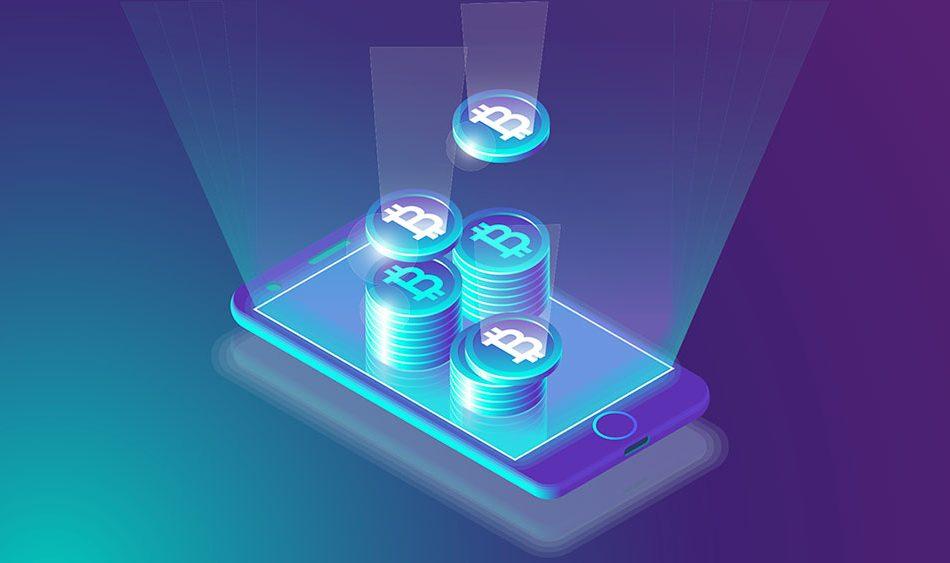The Evolution of a Bitcoin Wallet
Wallets are as crucial to bitcoin trading as the coin itself. Get a wallet that doesn’t have the right features, and you’ll find yourself struggling to make the transactions you need. Find a wallet without appropriate security features, and you‘ll find yourself without coins. Lose your key, lose your stash.
With bitcoin wallets being such an integral device to bitcoin trading, it’s surprising that we don’t give them more thought. Wallets have come a long way since their advent, but it hasn’t stopped the original premise from being an important platform that many users still use today.
There are so many nuances to bitcoin trading that may not necessarily enjoy the respect they deserve. Specifically with traders who are new to cryptocurrency and bitcoin wallets. Using ready-made trading platforms like Bitvavo, a company dedicated to making bitcoin trading accessible to everyone, with integrated bitcoin wallets might be the way to go. So isn’t it wise to know a little bit more about where wallets have come, and how far they have yet to go?
Such a Qt
In 2009, The Godfather of bitcoin, Satoshi Nakamoto released the first bitcoin wallet in existence. The full client software required that users download the entire blockchain history in order for the wallet to work correctly. While this wasn’t such a big ask in the early days, the current bitcoin blockchain is rapidly approaching 250 gigabytes of data.
Mean that without a supercomputer, full client applications would mean massive storage requirements and semi-ridiculous sync wait times. The first wallet, coined “Bitcoin-Qt” was actually pretty cute. Simple in design, limited security features meant that the wallet’s private keys (the codes used to open and operate the wallet) were stored on the user’s desktop. A practice that proved disastrous for many. Essentially leaving open access to the wallet to anyone that knew how to look, or who had the right malware. It also caused some trouble for users who accidentally deleted the key file during routine desktop maintenance.
For wallets, keys are literally access to your kingdom. Without them, you lose all access to any of your funds, and often, this loss is irreversible. In fact, a recent estimate suggests that over 3 million bitcoins have already been lost. Largely due to the difficulties and ineffectively of older wallets. Despite the problems that many users had with Bitcoin-Qt, the wallet was surprisingly secure for the knowledgeable user, with the option to create a fully encrypted backup.
Forks Over Knives
Despite the early success of Bitcoin-Qt, overall functionality was found sorely wanting compared to the wallets available to today’s users. Makers tinkered with the Qt, enabling advanced features like address books and digital signatures for transactions.
Feeling like not only the functionality of Qt could be improved, but also the name, developers continued added forks to the original design, and dubbed the newly functional Qt “Bitcoin Core”. Which is still available for use today. Demand for the Core wallet still remains strong, offering high levels of security, privacy, and stability. But, not quite enough has changed in the program to make it a realistic choice for newer traders. The core wallet still requires near expert knowledge of technology, as it has few features and requires a mass amount of space and memory.
By 2014, bitcoin was becoming more and more popular, engaging users of all levels of expertise. By 2017, security concerns had heightened as interest in bitcoin piqued and multiple wallets per user became the norm.
Now, anyone user can be found to use all sorts of wallets to keep their coins safe, offline, or under the radar of government restriction. Online, offline, hot, cold, burner and paper wallets are all common forms that a multitude of forks have produced. Trying to keep up with client needs and at the same time securing finances against ever clever hackers and malware.
Moving the Platform
While most clients are concerned about losing coins in poorly timed transactions, or to malware, it’s rare that they actually worry about user error. Which accounts for a large number of the bitcoins that have already been lost. Essentially, if you’re new to bitcoin and haven’t yet reached an expert level in computerized technologies, a reputable trading platform is often your best bet to get started. Bitvavo is one such platform that offers these services. Choosing a trading platform that offers all-inclusive features for trading, purchasing, and storing your bitcoin often reduces the hassles that new users experience.
As users become more familiar with the process, software, operating systems, and crypto market itself, they’re encouraged to branch out and explore any of the multitudes of wallet options that are currently available. Does this mean going back to the ever-present bitcoin core? Maybe, but only time will tell.

